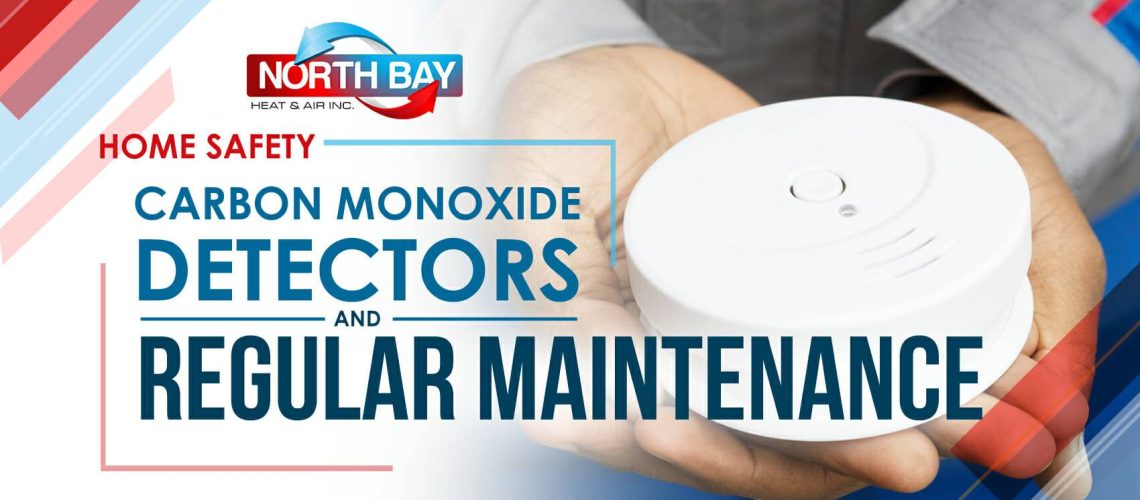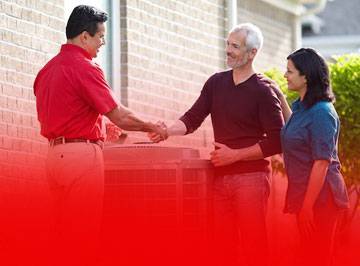Home safety should always be a priority. While regular system maintenance can help in keeping your heating and cooling units in good shape all year-round, regular carbon monoxide inspection and installation of CO detectors give you assurance that your home is a safe haven for your loved ones.
Why Carbon Monoxide Matters?
Carbon monoxide is a silent killer. Unlike other natural gases which produce unpleasant odors, CO gas is odorless, colorless and tasteless. So, you don’t really recognize its presence unless you’ve been feeling some health issues caused by too much exposure to it. Home appliances which produce carbon monoxide include:
- Gas powered machineries
- Gas stoves
- Wood and gas fireplaces
- Fuel-burning appliances
- Charcoal grills
Carbon monoxide poisoning happens when a person is exposed to very high concentration of carbon monoxide. When CO gas enters the body, it attaches to the hemoglobin blood. With higher concentration, the blood can no longer carry oxygen to the different parts of the body. This situation is evident to houses with poor ventilation. Symptoms of CO poisoning are:
- Mild to severe headaches
- Drowsiness
- Nausea
- Vision problems
- Vomiting
If you happen to feel these symptoms and suspect CO poisoning, move out of the place right away, have yourself treated, and call a professional for help to solve CO problems in your home.
How To Prevent Carbon Monoxide Poisoning
- Install at least one carbon monoxide detector in each floor of the house, especially near your bedroom. Be sure to regularly check if the batteries are good and provide replacement if needed.
- Schedule a professional carbon monoxide inspection regularly and hire only qualified licensed technicians to provide a maintenance check on your appliances that are powered by gas, oil, wood or coal.
- Outdoor appliances such as generators, grills, and portable chemical heaters should not be used indoors. If you have chimneys, hire a professional expert to clean it every year.
- Check your home’s ventilation regularly. A poorly ventilated area is more prone to carbon monoxide. Ensure that all gas appliances vent outdoors.
- If you found issues in the vent pipes of your fuel-burning appliances, call a professional for help immediately. Do not cover the breaks or cracks with other objects such as tape and gum.
At North Bay Heat and Air, we prioritize your family’s safety and health above all things. If you need an indoor air quality inspection, don’t hesitate to call our friendly experts.




